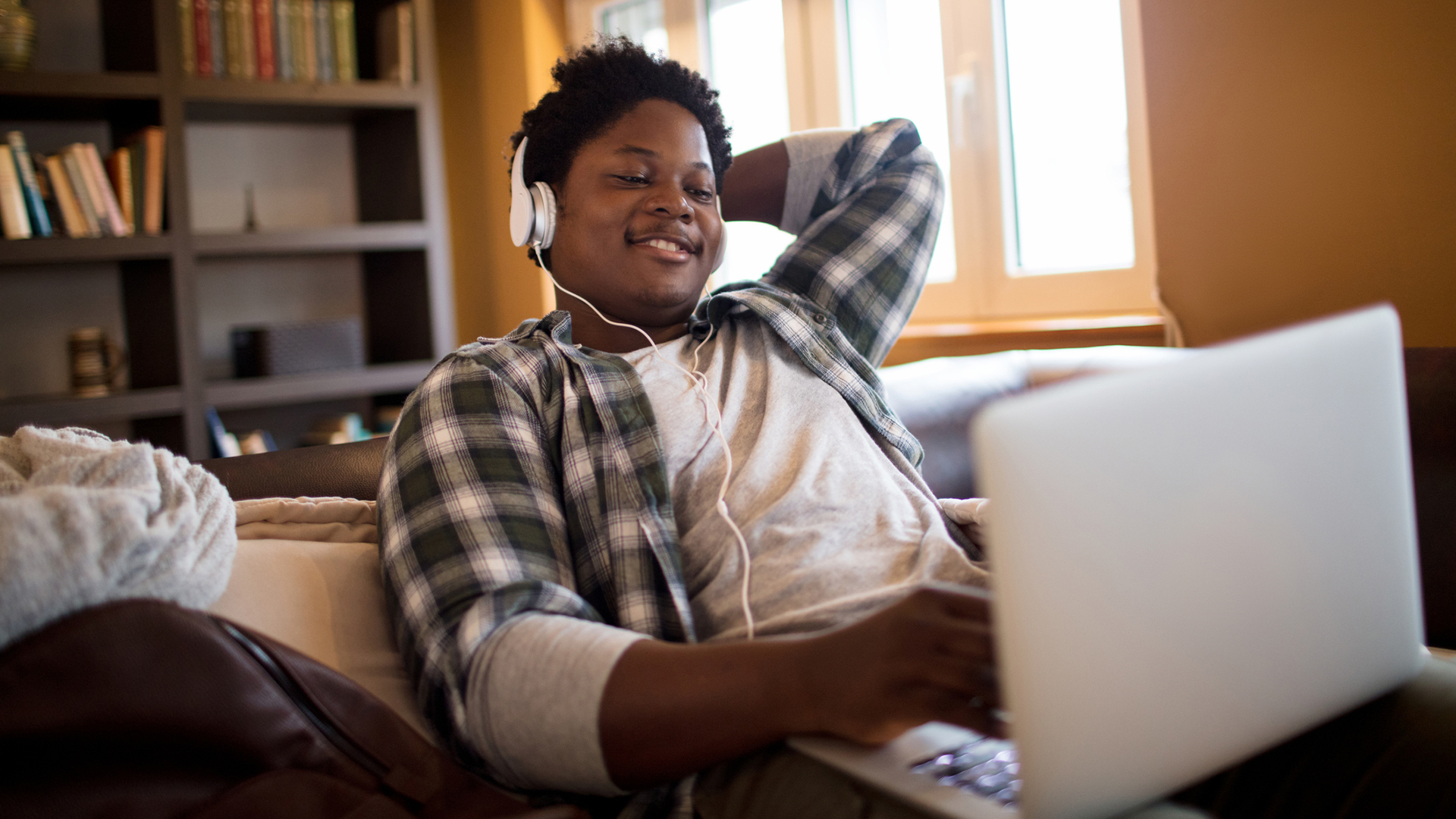As many people battle to get back to a life previously deemed normal, institutions found a better way for students to feel comfortable in classes—especially college students.
Colleges worldwide opened their doors to eager students excited to get back on campus this fall, after a year of online learning. Everyday college life was in full effect with vaccine mandates, the unveiling of safety plans, and the minimizing class sizes. However, the Washington Post reports nationwide, some faculty and students voiced their concern with being around thousands of their peers as new variants of the virus began to rise. The Delta variant prompted numerous institutions to consider hybrid courses as this method a UC Davis study shows a safer option than being on campus every day.
Hybrid courses were introduced in the 1960s, referred to as blended learning, although the new method of education didn’t take its current form until the late 1990s. It is a compromise between online and in-person learning methods that allow students to enjoy the benefits of flexibility and balancing personal, work, and student life.
This year, the rise of hybrid learning wasn’t just due to lack of personal and college life balance as it was before; it was a safe way to get students back to learning after a year of uncertainty. As ABC News reported, the predictions of San Francisco futurists on life after COVID-19, and she’s adamant that hybrid learning will increase.
“I think we’re going to see a lot more hybrid learning environments and hopefully better ones that actually provide education and not just deliver content.” Marina Gorbis, executive director of Institute for the Future, said.
Courses take place 50 percent during campus meetings and 50 percent through online instructions. Different schedules could depend on the program, which would result in the percentage shifting. For the most part, students still aren’t required to be on campus 100 percent as they would with regular classes.
Columbia College Chicago is one of the many institutions around the country that offer these courses and provide resources on having a successful hybrid semester. Many classes for their Hybrid programs consist of being on campus a limited number of times and online lectures and assignments.
Class sizes are small, and students are distanced to continue to promote the idea of social distancing. Students usually meet once every two weeks, with classes two and a half hours long, depending on the program and student status.
As vaccines became available country-wide earlier this year, the college was one of the first to make the vaccine a requirement for enrollment. Mask-less entry into campus buildings was promoted for the vaccinated but was quickly removed after cases in Illinois rose—again. All students have access to ‘Back Together, Columbia,’ the college’s health and safety plan for returning students, sharing guidelines and COVID-19 campus tracking updates. This furthers initiatives to keep us all safe and eventually overcome this horrible pandemic.
Blavity U Ambassador, Lashaunta Moore, is a Graduate student at Columbia College Chicago studying Entrepreneurship for Creatives. With a Bachelors in Media Communication, she’s also a freelance journalist & digital content producer who enjoys writing about all forms of news.
